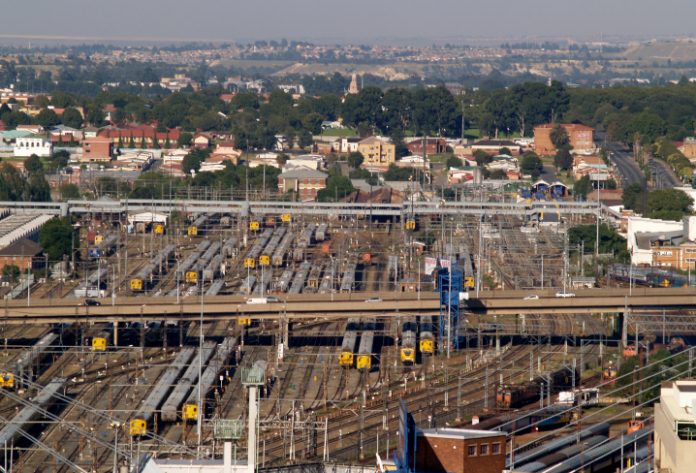Ports, logistics and supply chain officials and private sector executives met in Accra, Ghana, in March to address the continent’s most pressing shipping issues: the absence of deep water container transshipment terminals; inadequate berthing capacity; the lack of an integrated land distribution system, particularly for transit traffic; the lack of essential supporting infrastructure, such as rail systems; congested road networks; and bureaucratic bottlenecks; and high maritime and freight charges.
These inefficiencies result in freight transport costs up to 40 percent higher in Africa than in other developing regions. “It’s easier to ship a container from China to Dar-es-Salaam than it is to ship from Dar-es-Salaam to Rwanda, and it’s easier to ship from the United States to Nigeria than from Dakar to Lagos,” Arnold Ekpe, former Group CEO at Ecobank, said on March 2 at Columbia University’s 10th Annual African Economic Forum. “Across Africa we face a major infrastructure challenge. If that is fixed, Africa can move to double-digit growth.”
Attendees at the 4th Africa Ports, Logistics and Supply Chain Conference & Expo, which took place March 4-5 at La Palm Royal Beach Hotel in Accra, mulled ways to fix those challenges.
Africa’s international freight demand is expected to grow this year as freight links to and via Africa continue to develop. It is estimated that more than 40 percent of the world’s trade involves transit through Africa’s territorial waters. Seaports alone account for more than 90 percent of African trade volume.
African governments are taking these statistics seriously. Major port development projects are already under way in Angola, Benin, Cameroon, Ghana, Niger, Nigeria, Senegal, South Africa and Tanzania. Organizers of the Accra conference say the mining boom in West Africa and new oil extraction in Ghana create new trading lanes and position the continent as a new distribution hub, putting pressure on further port developments.
Angola is expanding the Port of Luanda and Port of Lobito, building a new container terminal and constructing a commercial port at Barra do Dand. In Benin, construction of new Cotonou sea port at Seme-Kpodji, near the industrial free zone, will serve as a base for petroleum projects in the region.
Cameroon is constructing a new deepwater port at Kribi to serve exports of iron ore, cobalt, alumina, hydrocarbons, and agribulk, while Niger is constructing an inland container port in Niamey.
Ghana has several projects: Redevelopment and expansion of Takoradi Port; development of a new container terminal in Tema Port; plans for a third port for deep-sea vessels to meet export demands of mineral ores, including clinker, bauxite, manganese and limestone; expansion targets for bulk cargo terminals and fruit and food terminal; and port facilities for cruise ships.
Nigeria’s three major projects are development of a multi-purpose, deep-water Lekki Port at the heart of the Lagos Free Trade Zone; accelerated completion of the proposed deep-sea port project in Ibaka Akwa Ibom State; and greenfield port development to accommodate for post-panamax vessels.
In Senegal, the new Terminal à Conteneur developed and operated by DP World is West Africa’s largest container terminal, with capacity of more than 600,000 20-foot containers (TEUs).
South Africa’s state-owned Transnet, the country’s giant rail, port and pipeline company, unveiled a $4.3 billion investment plan, in which 71 percent of the funds are committed to expansion projects and the remaining 29 percent to capital sustaining projects aimed at achieving operating norms and upholding service delivery.
Tanzania has a huge expansion exercise at Tanga Port that involves a new port at Mwambani in order to meet forecasted traffic growth that will surpass 4 million TEUs by 2028 and to ease current congestion. The governments of Tanzania and Uganda also signed an agreement to fast-track the construction of a Tanga-Musoma-Uganda railway line, which will speed up goods transport between the two countries. Tanzania is expanding Musoma port and Uganda will build a new port at home to serve the new railway line.













